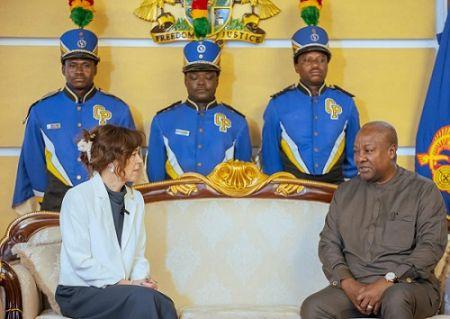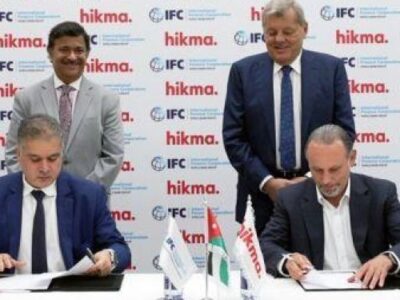
- Ghana is in talks with TAP Portugal to revive a national airline
- Partnership options include technical support or equity stake
- The plan aims to boost trade and make Accra a regional aviation hub
In its bid to strengthen regional connectivity and boost economic appeal, Ghana is exploring strategic partnerships to establish a national airline. After talks with the United Arab Emirates, the West African nation is now turning to TAP Portugal, according to local media reports.
This development emerged last week following a meeting between President John Mahama and the new Portuguese ambassador to Accra. According to statements attributed to the head of state, various forms of cooperation are under consideration. These range from technical assistance to a joint venture or even a minority equity stake.
This signals a strong political will to launch the long-anticipated project. Ghanaian authorities consider it a key priority for boosting trade, attracting foreign investment, and positioning Accra as an aviation logistics hub in West Africa.
Past Challenges
This is not Ghana’s first attempt to establish a national carrier. Since the collapse of Ghana Airways in 2004 and Ghana International Airlines in 2010, several revival efforts have failed. These failures were due to issues related to governance, financing, or commercial viability. These past setbacks have led the government to now favor a partnership approach, relying on the expertise of experienced foreign carriers.
In May, Foreign Affairs Minister Samuel Okudzeto Ablakwa already disclosed ongoing talks with the United Arab Emirates, though without sharing further details. TAP Portugal, which already operates flights to Accra from Lisbon, could offer significant technical support. This would particularly apply to fleet management, maintenance, training, and operational oversight.
For Ghana, such a partnership could help reduce startup costs and limit risks associated with a relaunch largely funded by the state. Still, the venture remains a bold bet in a market dominated by regional giants like Ethiopian Airlines, Air Côte d’Ivoire, and ASKY. The future Ghanaian flag carrier will need a sound business model built on rigorous management, an optimized fleet, and an ambitious commercial strategy.
Henoc Dossa











Comments